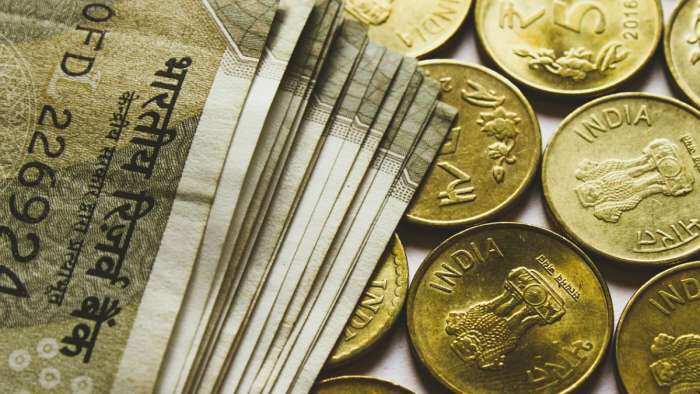JPMorgan Chase's nickel worth millions that turned out to be stones
JPMorgan Chase believed that it had nickel worth $1.3 million lying in a warehouse in Rotterdam, the Netherlands, for years. However, the London Metal Exchange (LME) has revealed that the bags supposedly carrying nickel actually had stones in them, as per reports.

The English phrase 'not worth a plug nickel' means something that is worthless, obsolete, or has no value.
There couldn't have been a better example of it than JP Morgan Chase's purchase of nickel worth $1.3 million that turned out to be stones.
The irony was that the company purchased this nickel years ago and learned about this blunder only last week.
What is the issue all about?
The matter involves a warehouse in Rotterdam, the Netherlands, where JPMorgan Chase-owned bags supposedly carrying tons of nickel were kept for many years.
As reported by Bloomberg and other media outlets, the company was unaware of the material kept in bags in the warehouse.
And it was only when the London Metal Exchange (LME) revealed last week that the sacks weighing approximately 54 tonnes of nickel in an unnamed warehouse had failed to comply with its standards.
The LME didn't reveal the name of the company, but it was later learned that the bags belonged to JPMorgan Chase.
Who will foot the bill of the loss?
Since the blunder has come to light and JPMorgan Chase is likely staring at embarrassment, the question is: who will suffer the loss — JP Morgan, or the company that owned and controlled the Dutch warehouse when nickel was first deposited there?
The logistics company, Access World Group, was owned by Glencore PLC at that time.
Access World issued a statement about the incident, saying it was inspecting "warranted bags of nickel briquettes at all locations" and that it believed the issue to be "an isolated case and specific to one warehouse in Rotterdam."
However, since the logistics company is responsible for checking the goods it is carrying in its warehouse, Access World Group can be the victim and is likely to pay a hefty amount to JPMorgan Chase.
Around the time of the 2008 recession, a lot of Wall Street banks, including Morgan Stanley and Goldman Sachs Group, were quite active in trading in the physical market.
They traded in oil, metals, and sugar. But, the new regulation that came into effect post-2008 recession forced the banks to pull back from trading commodities.
JPMorgan is still a prominent player in trading precious metals like gold, and other metals like aluminum, copper, and zinc.
Get Latest Business News, Stock Market Updates and Videos; Check your tax outgo through Income Tax Calculator and save money through our Personal Finance coverage. Check Business Breaking News Live on Zee Business Twitter and Facebook. Subscribe on YouTube.
RECOMMENDED STORIES

Budget 2025: Analysts recommend buying 6 largecap, midcap stocks for short term for 15-30 days; NTPC, Asian Paints on the list

Retirement Planning: How Rs 8,00,000 one-time investment can create Rs 2,40,00,000 retirement corpus? See calculations to know
08:51 PM IST









 Vedanta shares in focus—here's what is keeping the investors keen
Vedanta shares in focus—here's what is keeping the investors keen JPMorgan names new banking co-heads Gori, Petno in global banking unit
JPMorgan names new banking co-heads Gori, Petno in global banking unit JPMorgan to pay about $350 million penalty over trade reporting gaps
JPMorgan to pay about $350 million penalty over trade reporting gaps JPMorgan shuffles top bosses as Wall Street focuses on Dimon succession
JPMorgan shuffles top bosses as Wall Street focuses on Dimon succession No volatility jump in Indian bonds after JPMorgan inclusion, says BlackRock
No volatility jump in Indian bonds after JPMorgan inclusion, says BlackRock